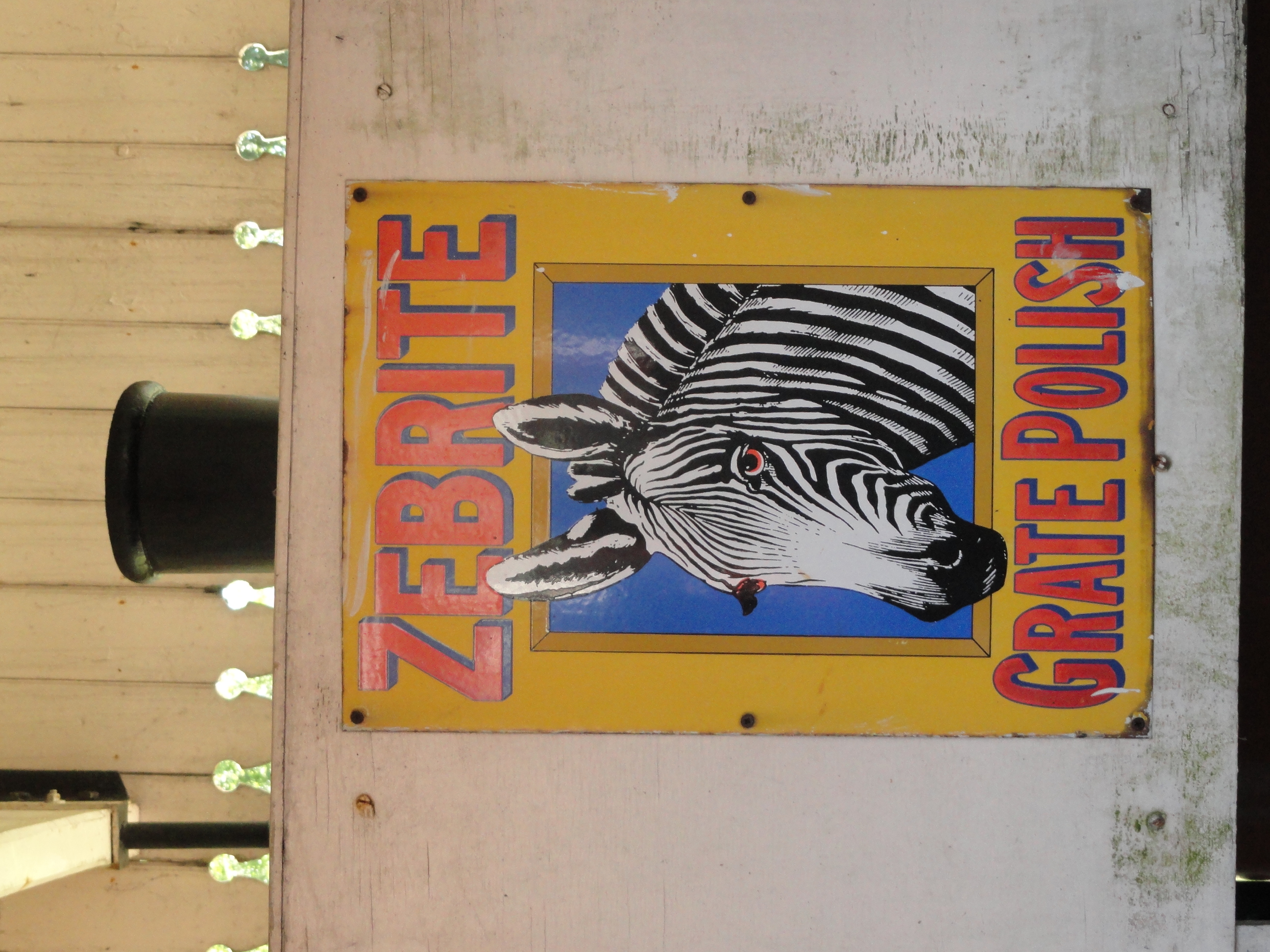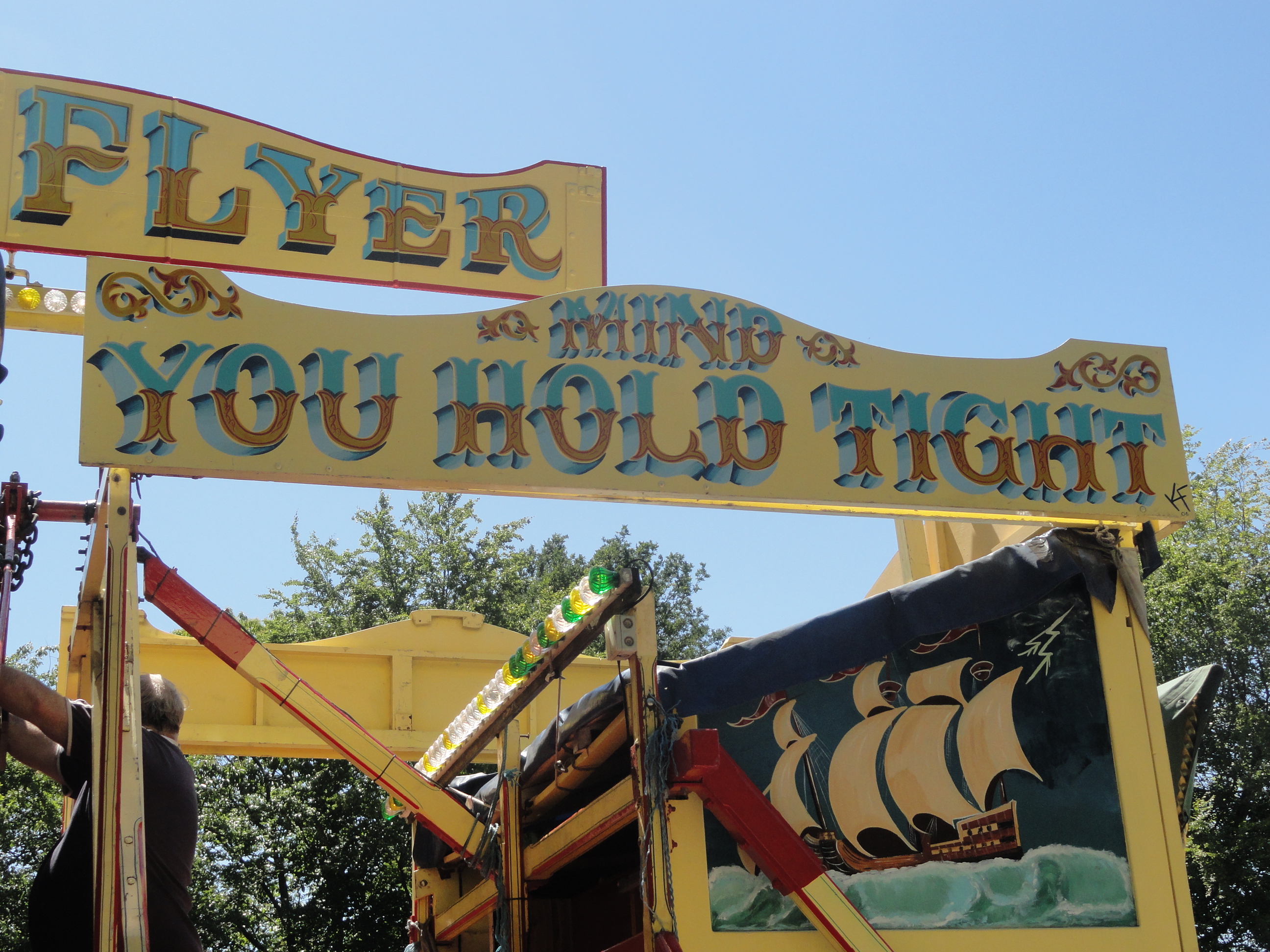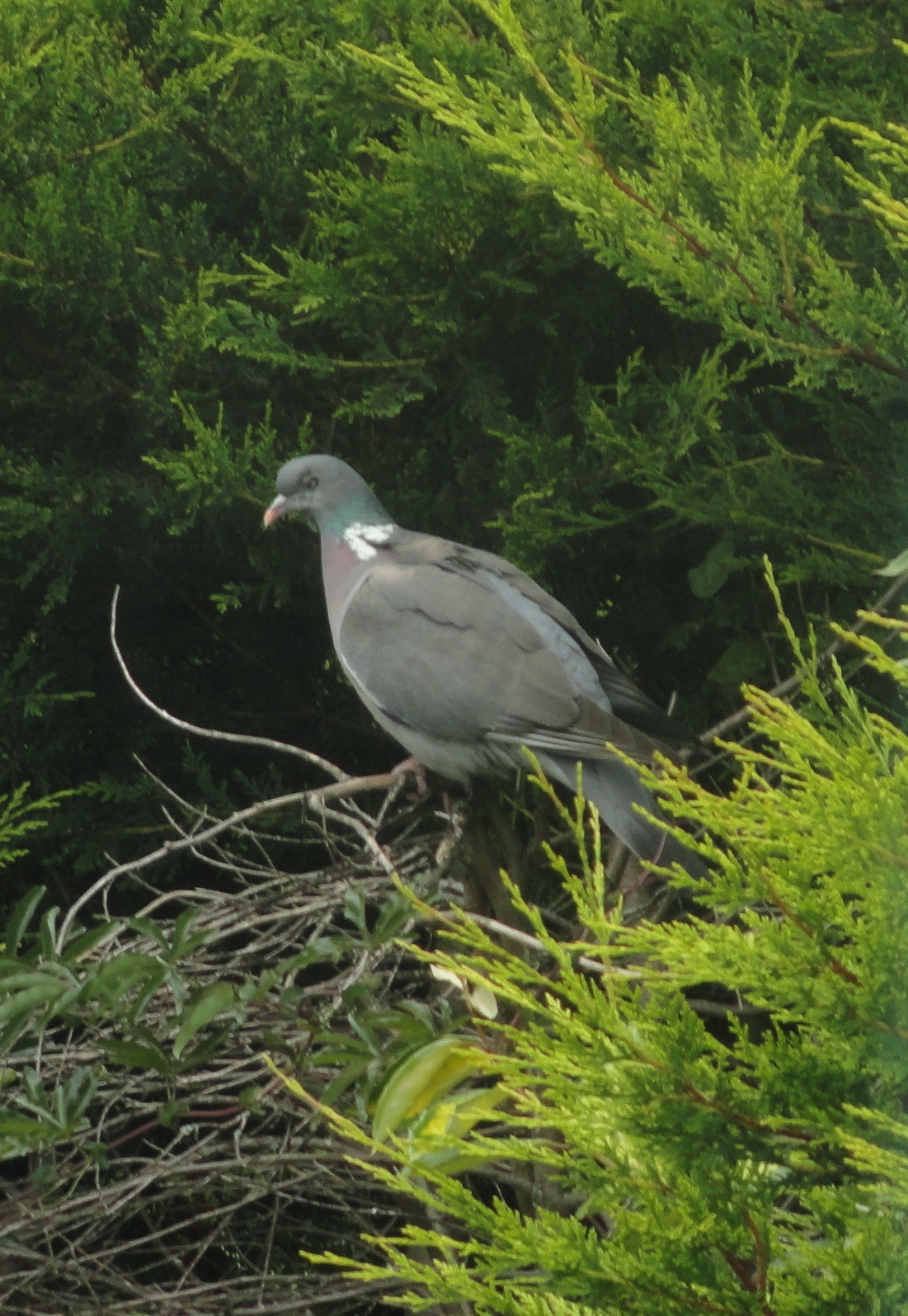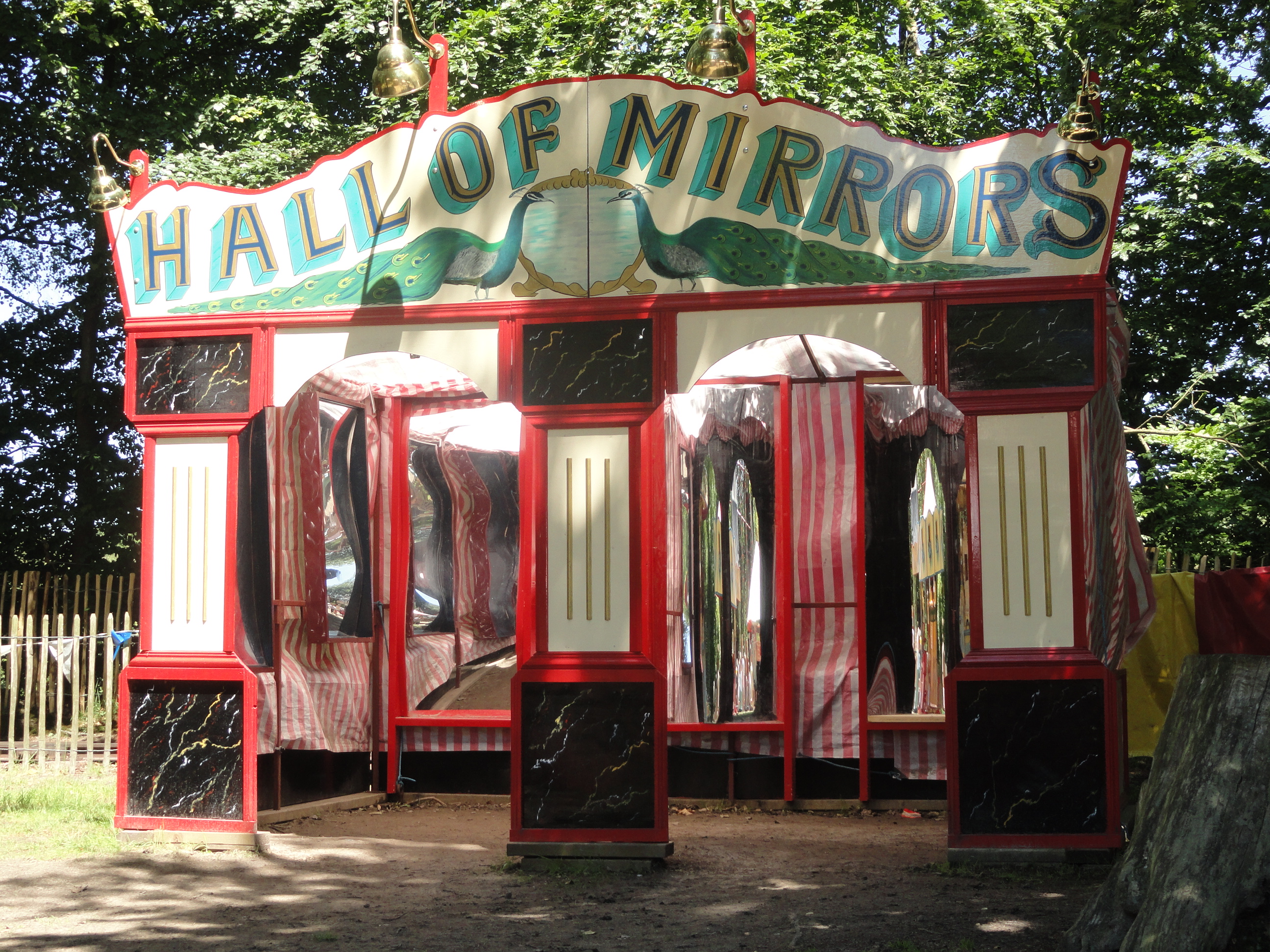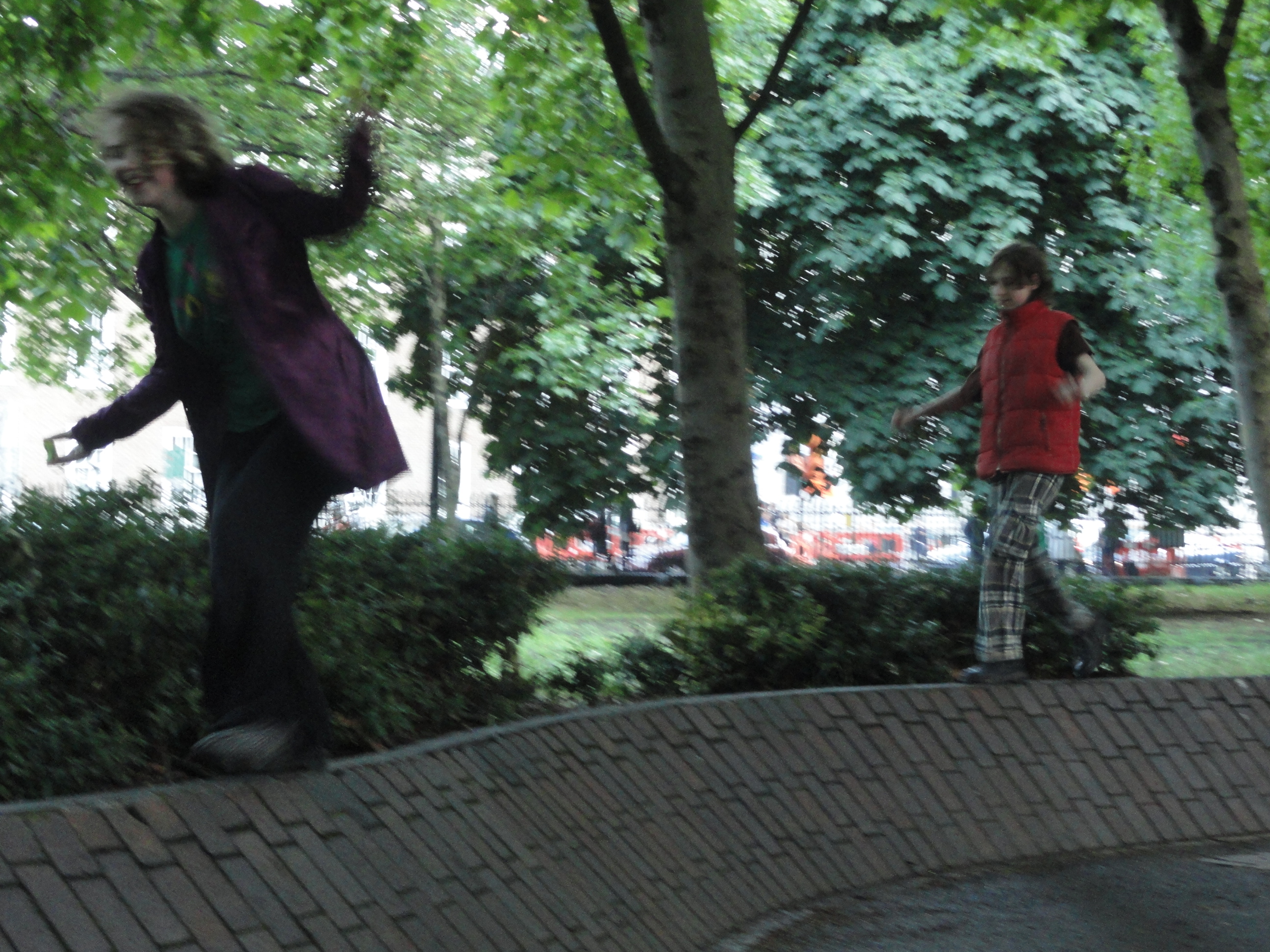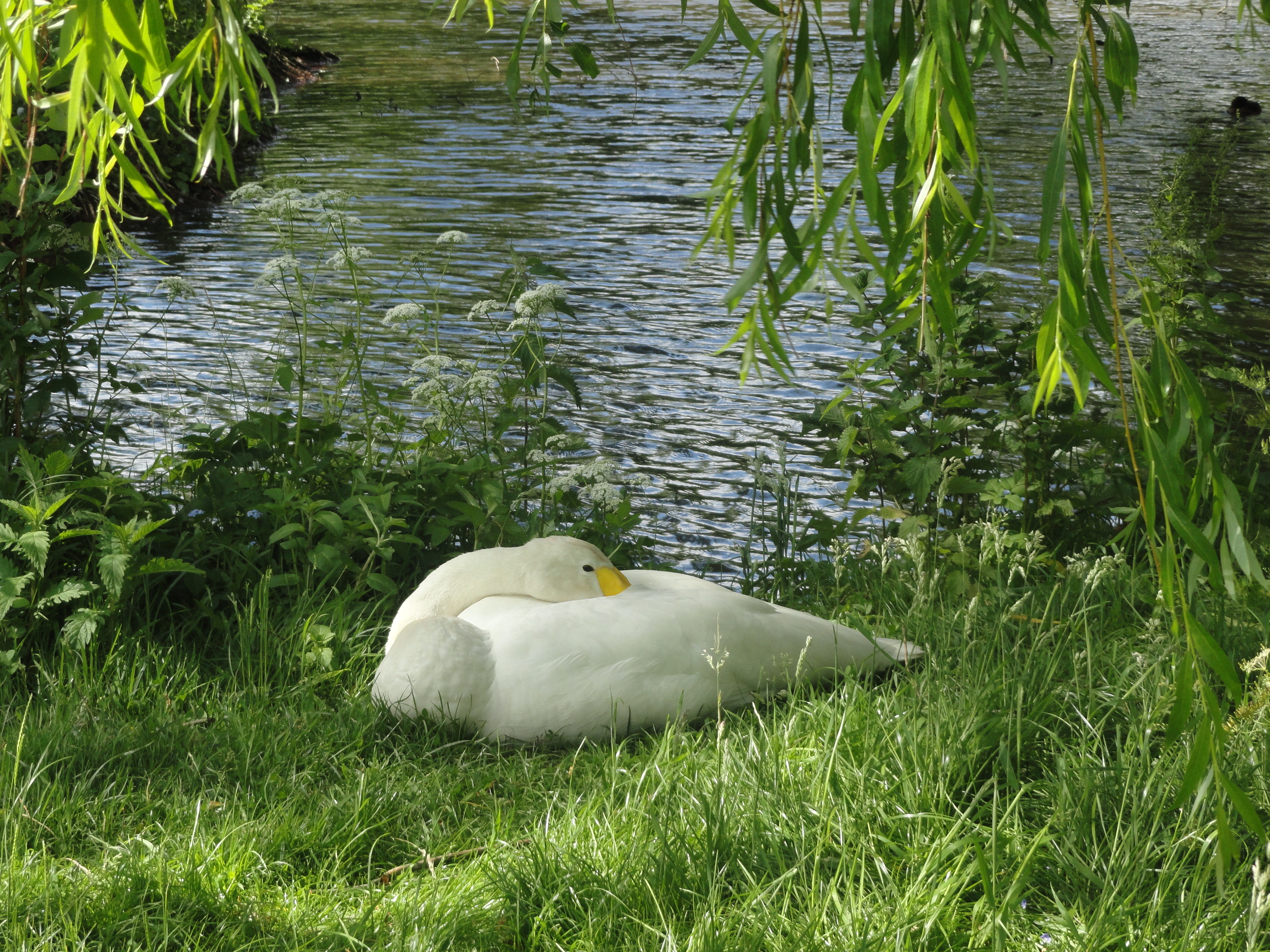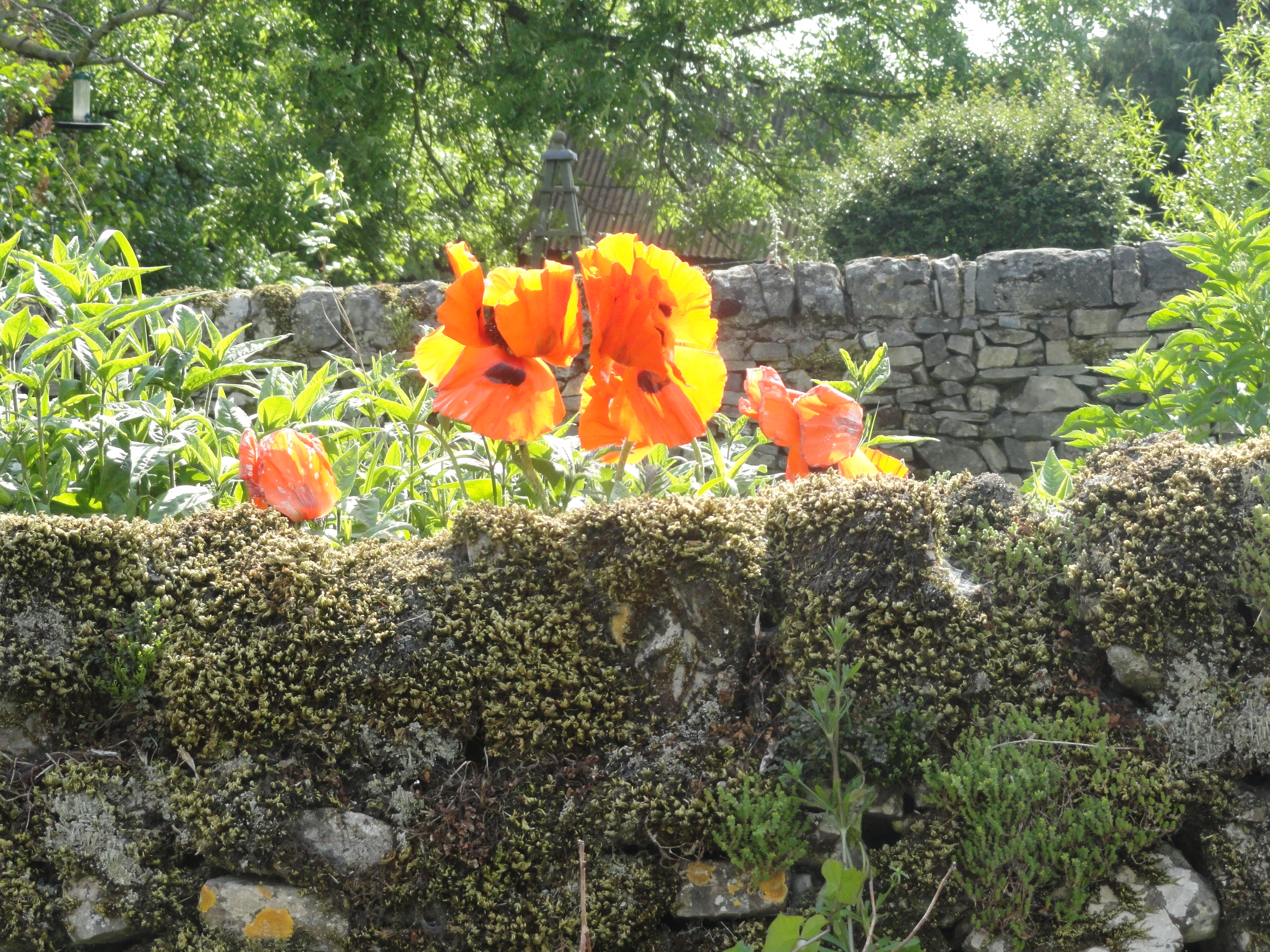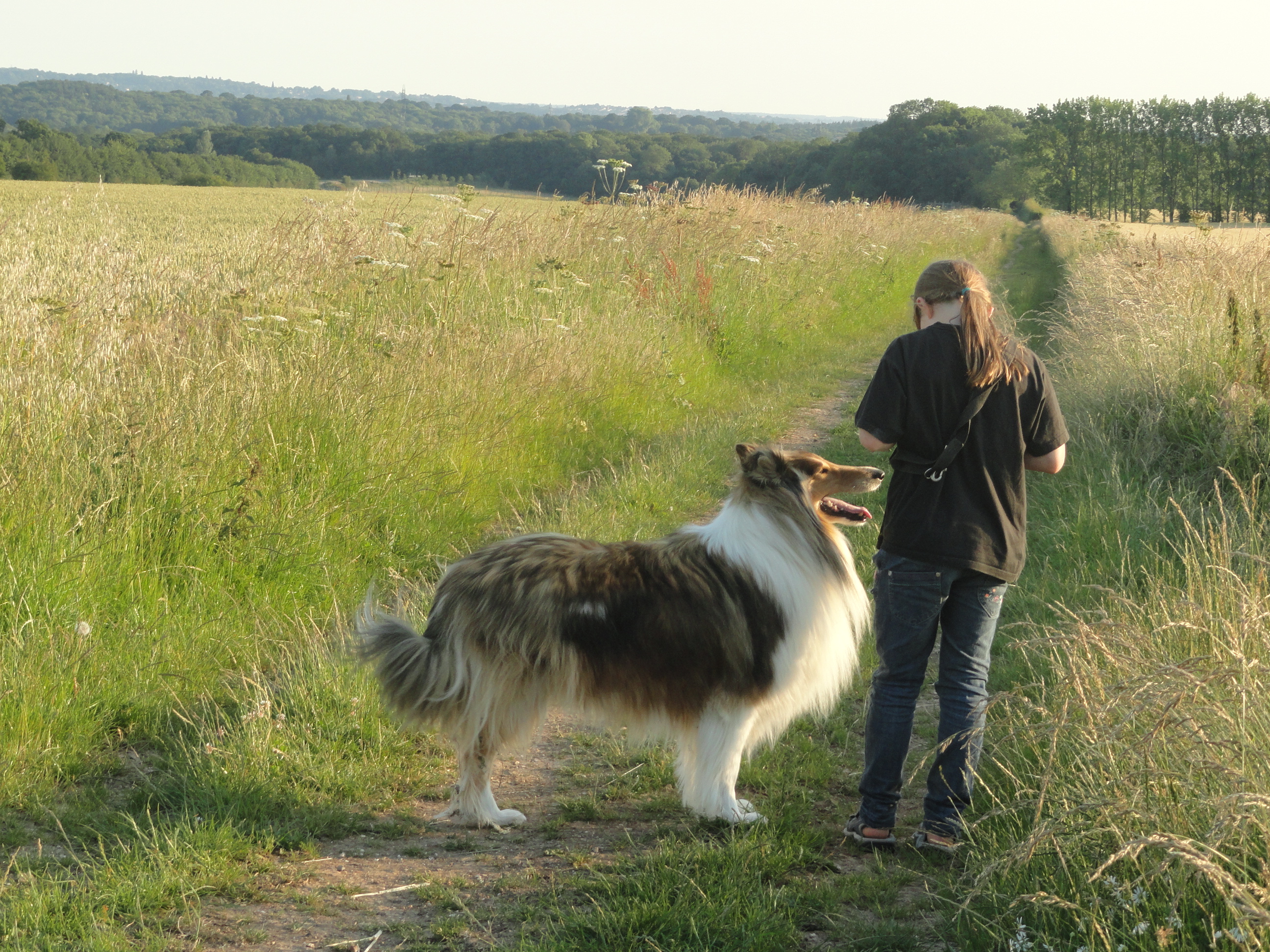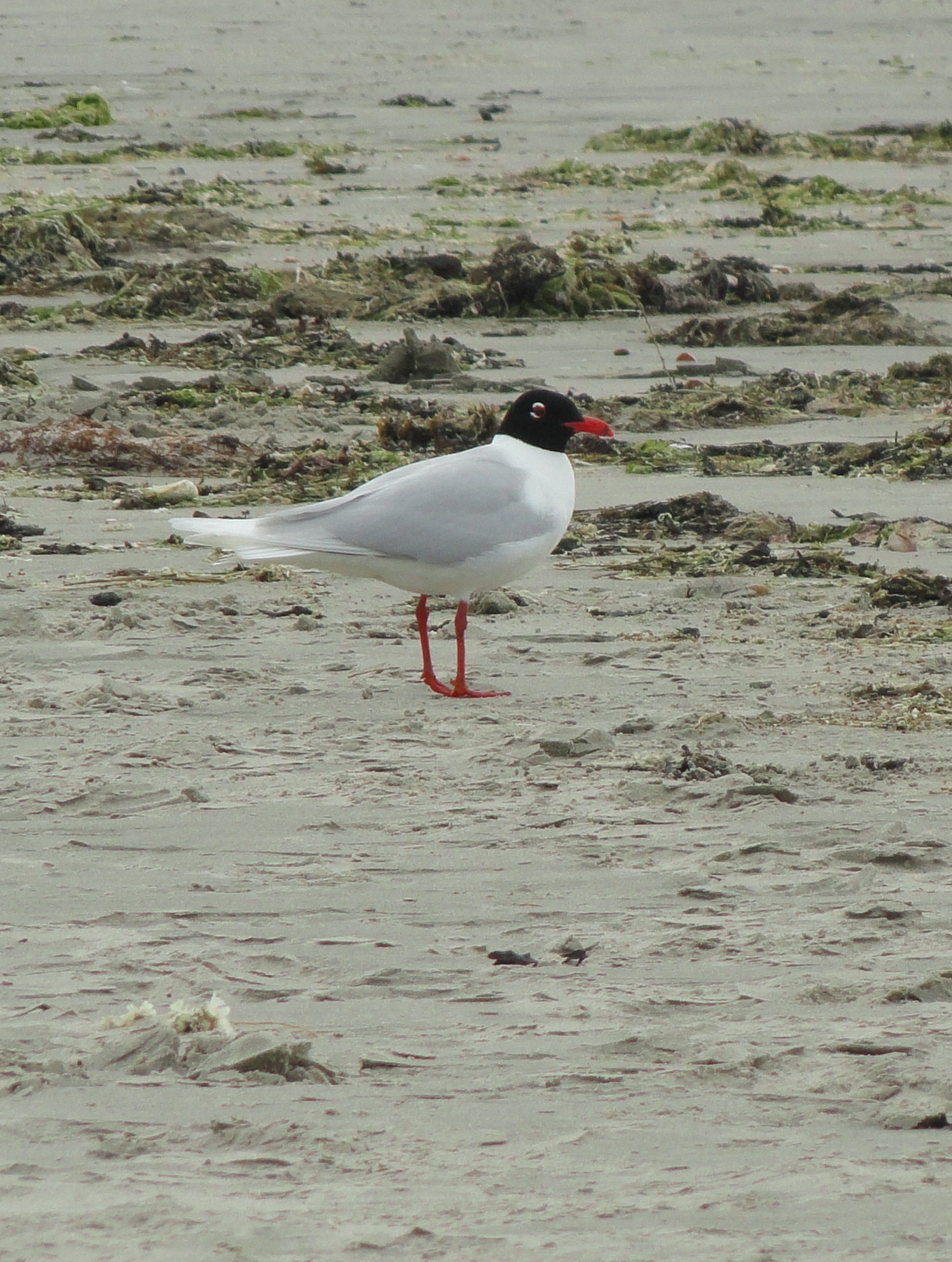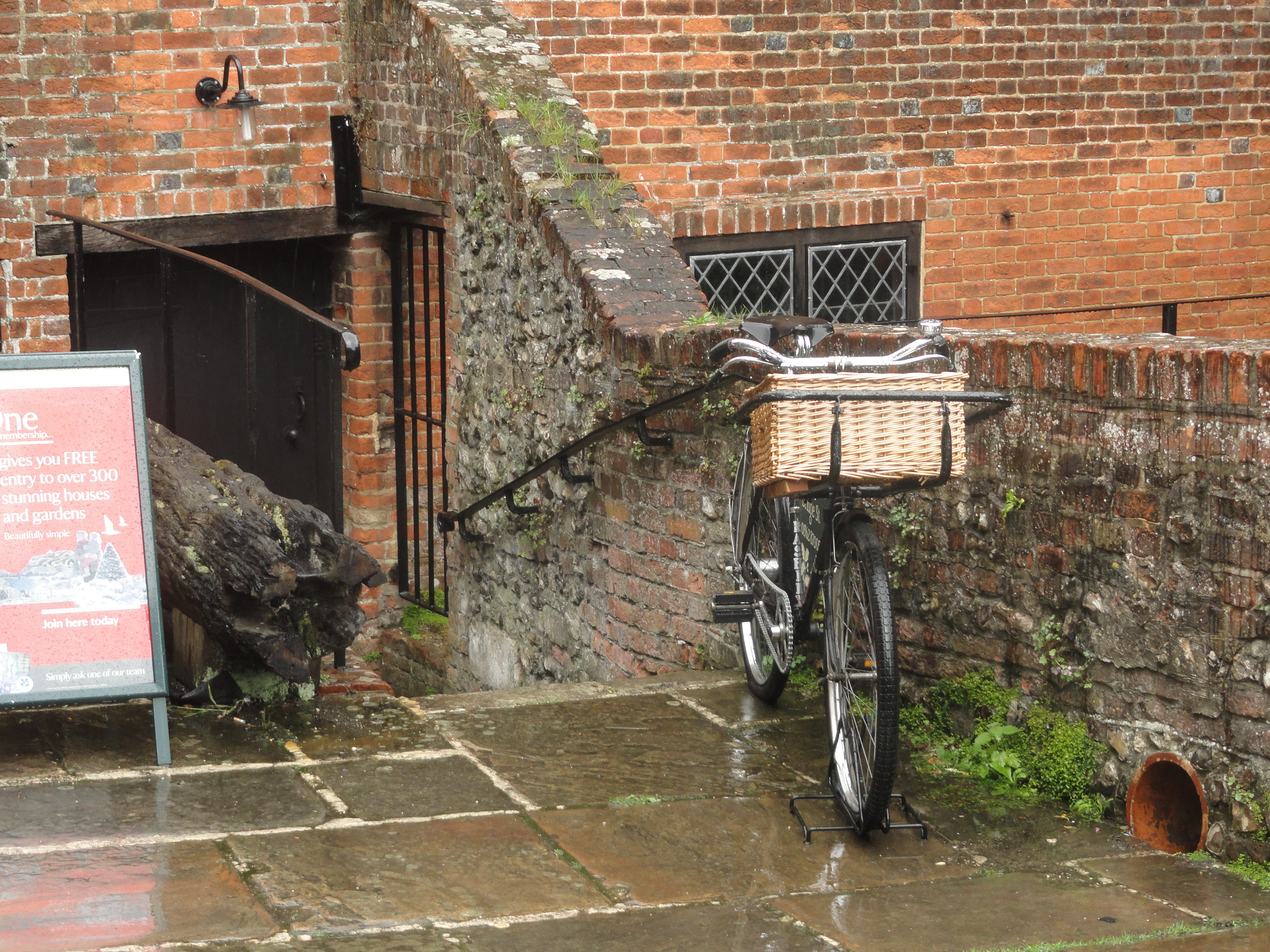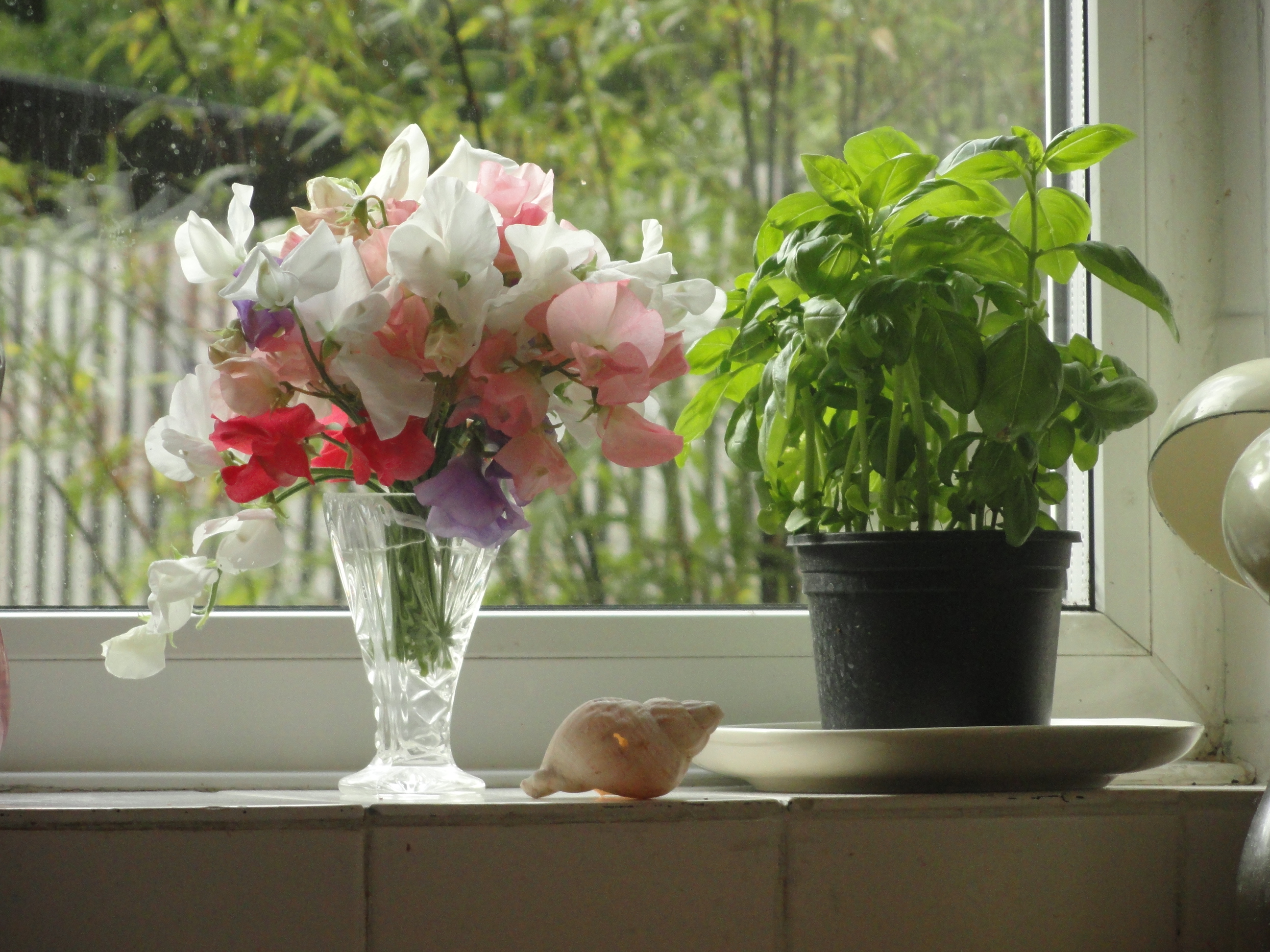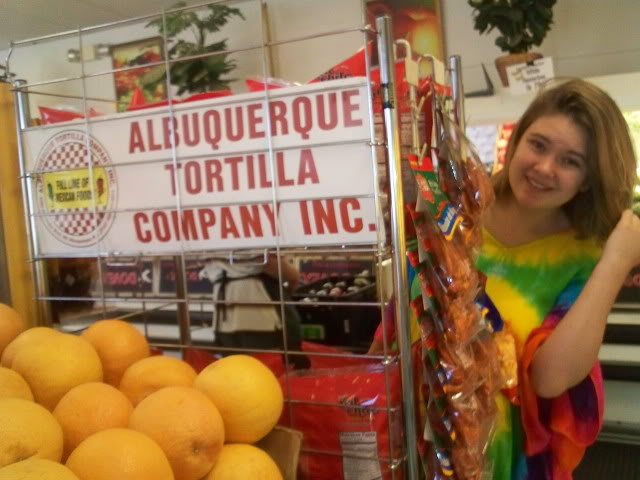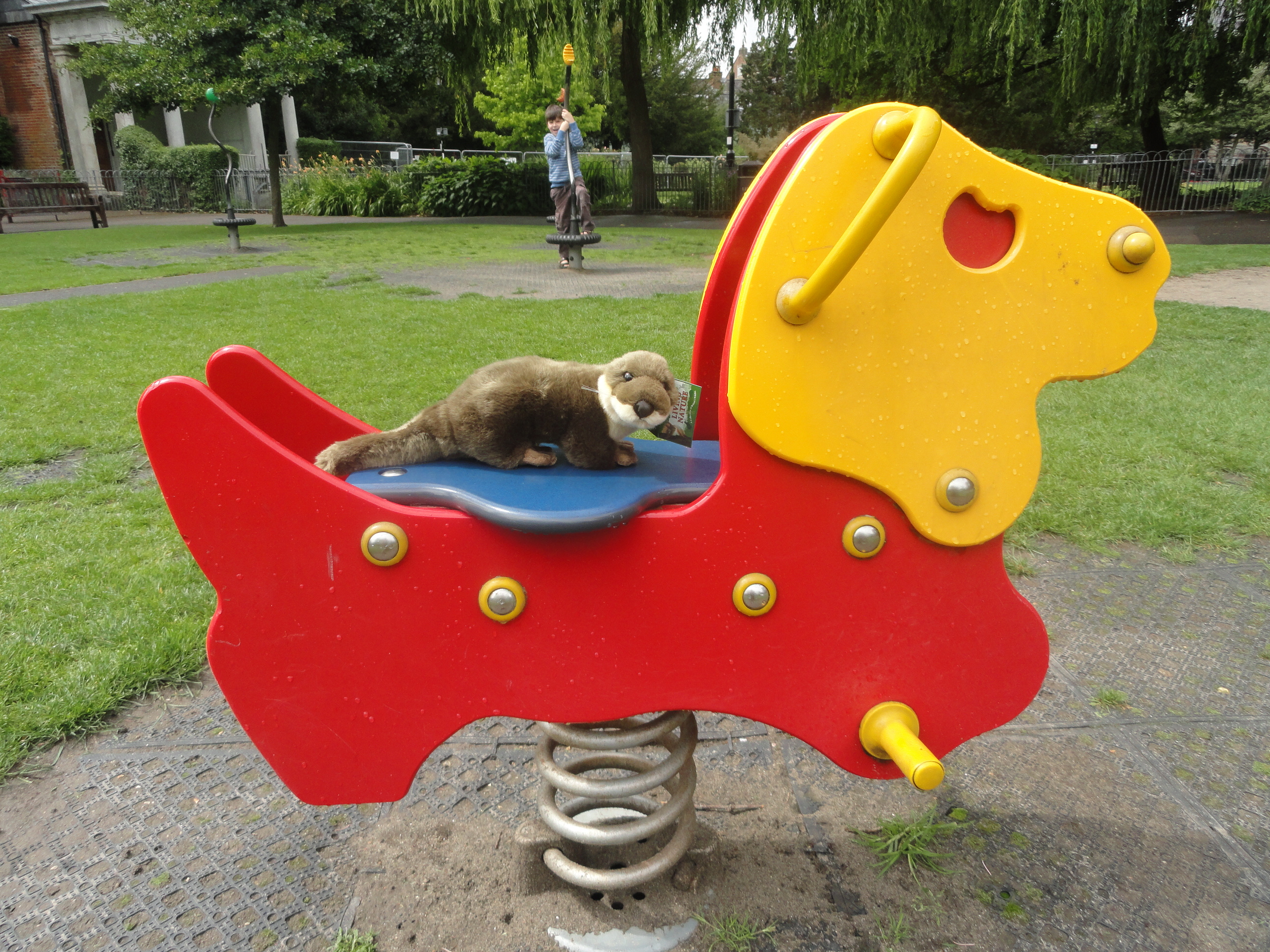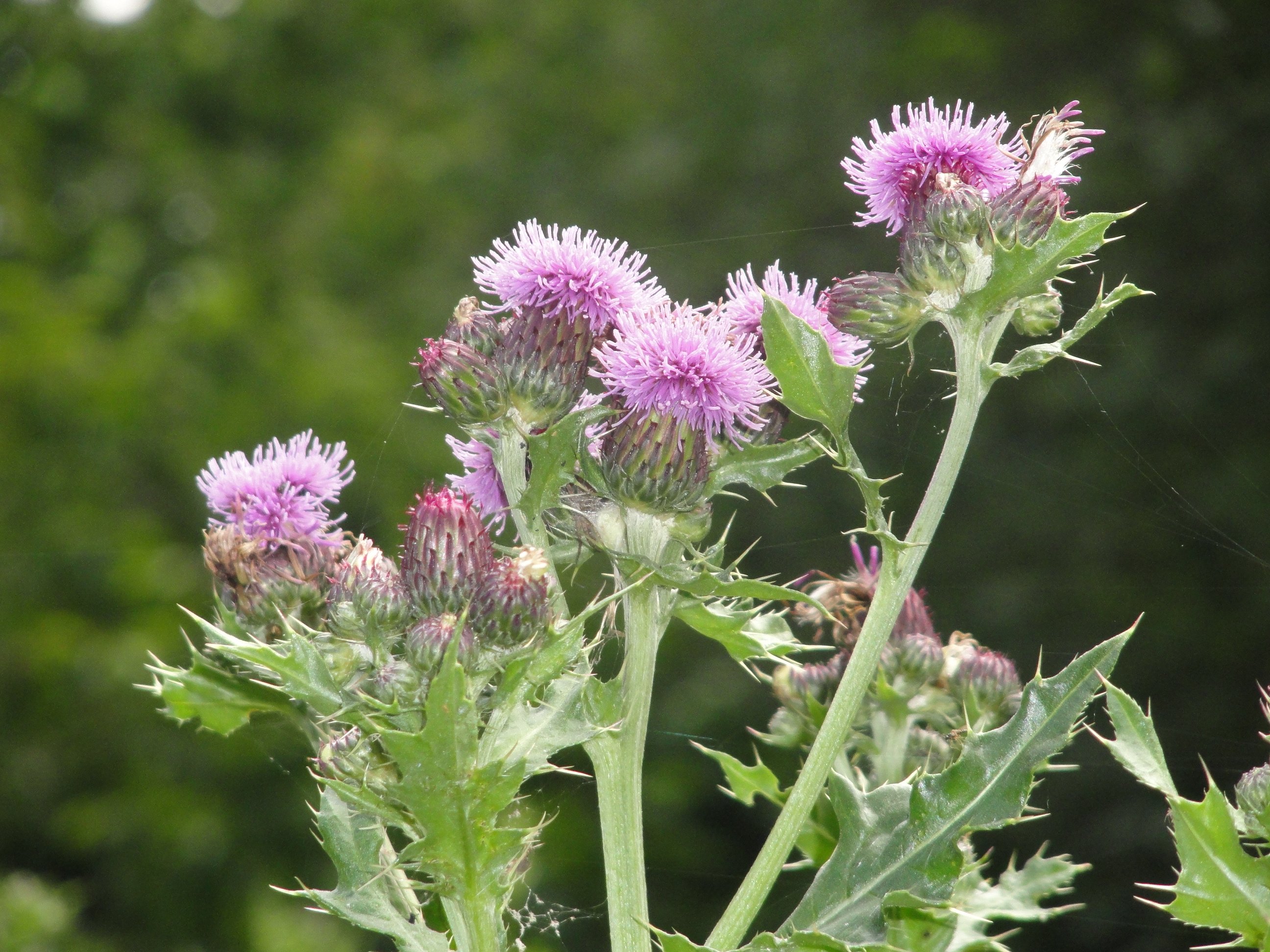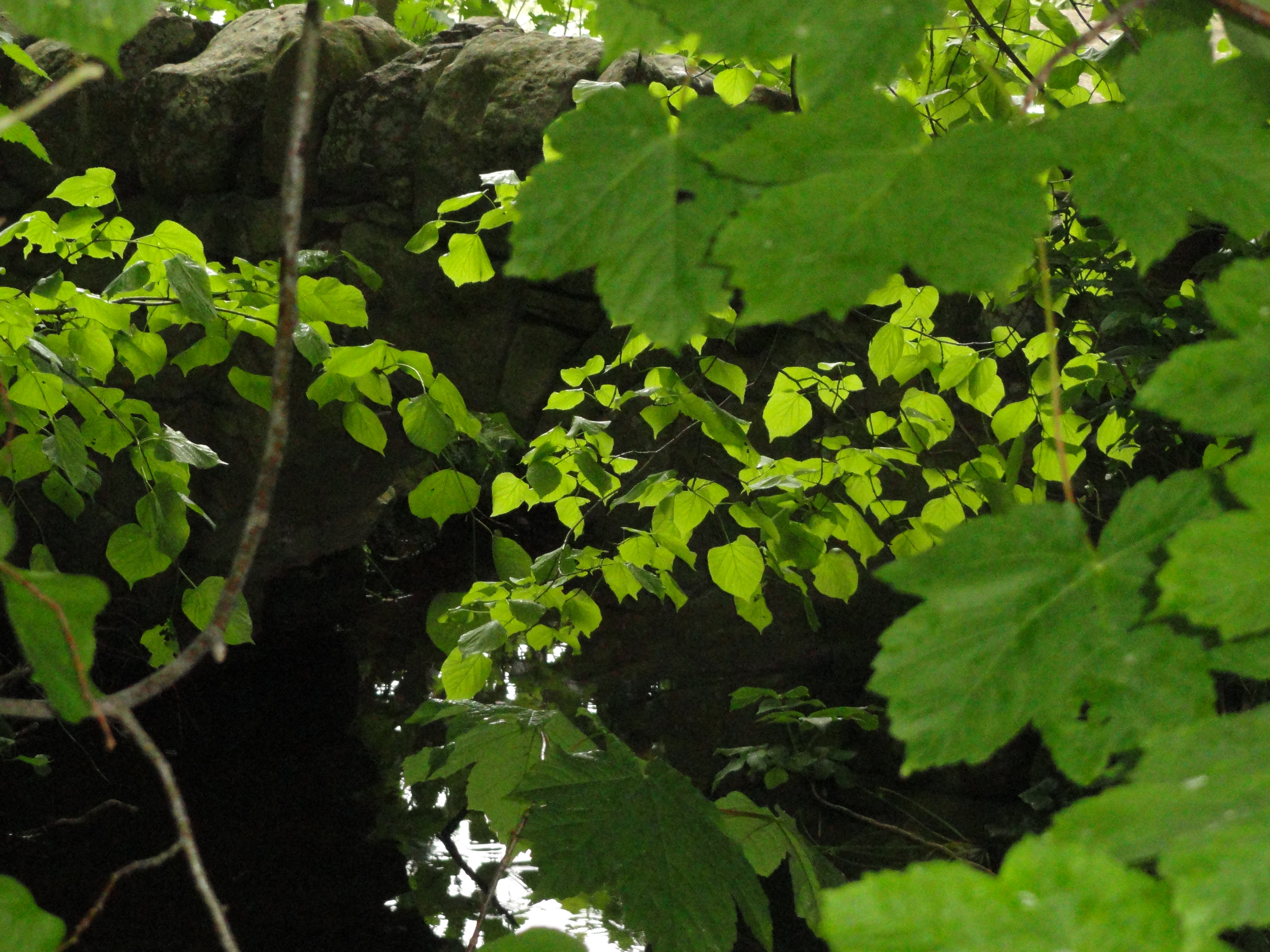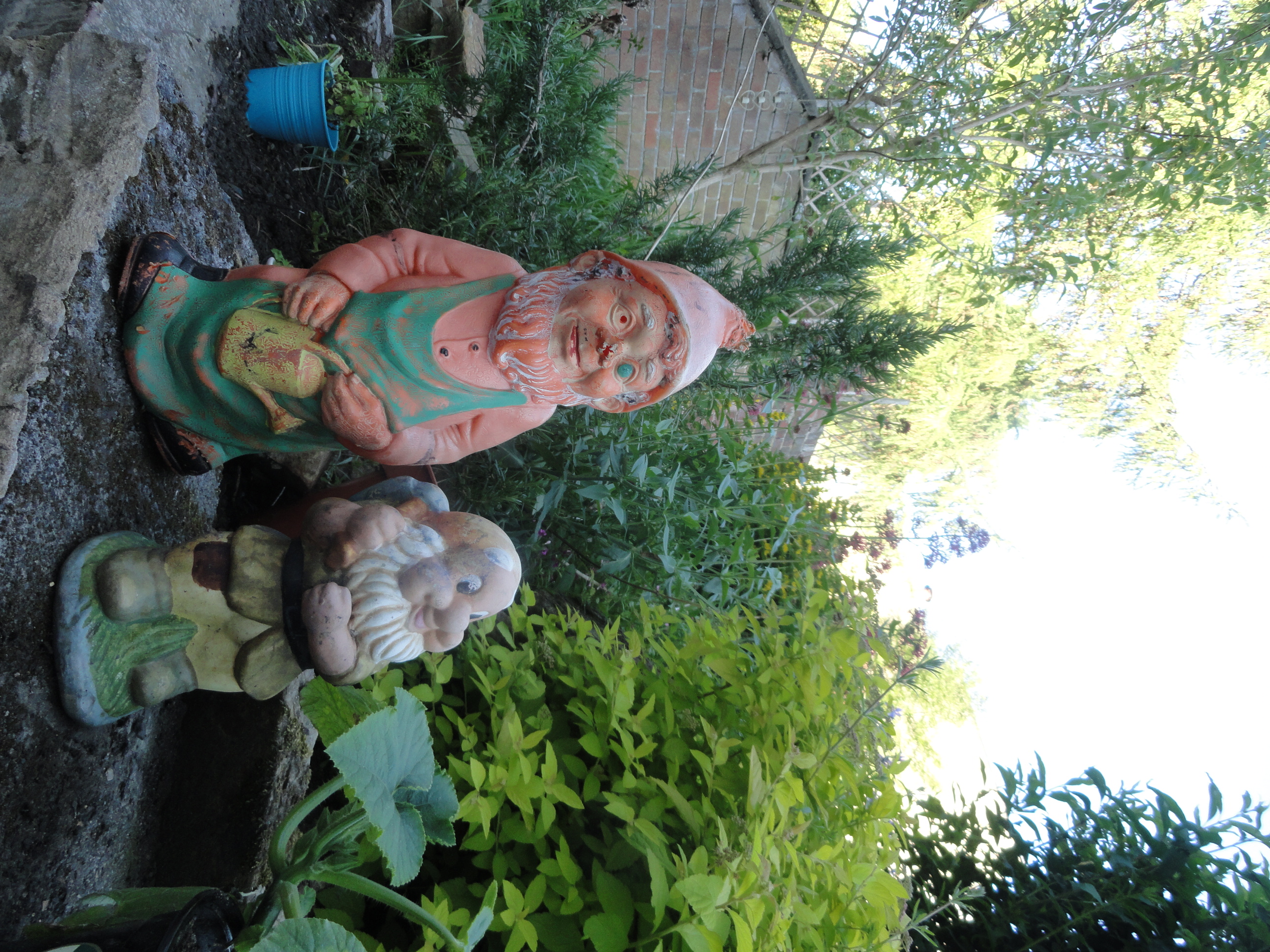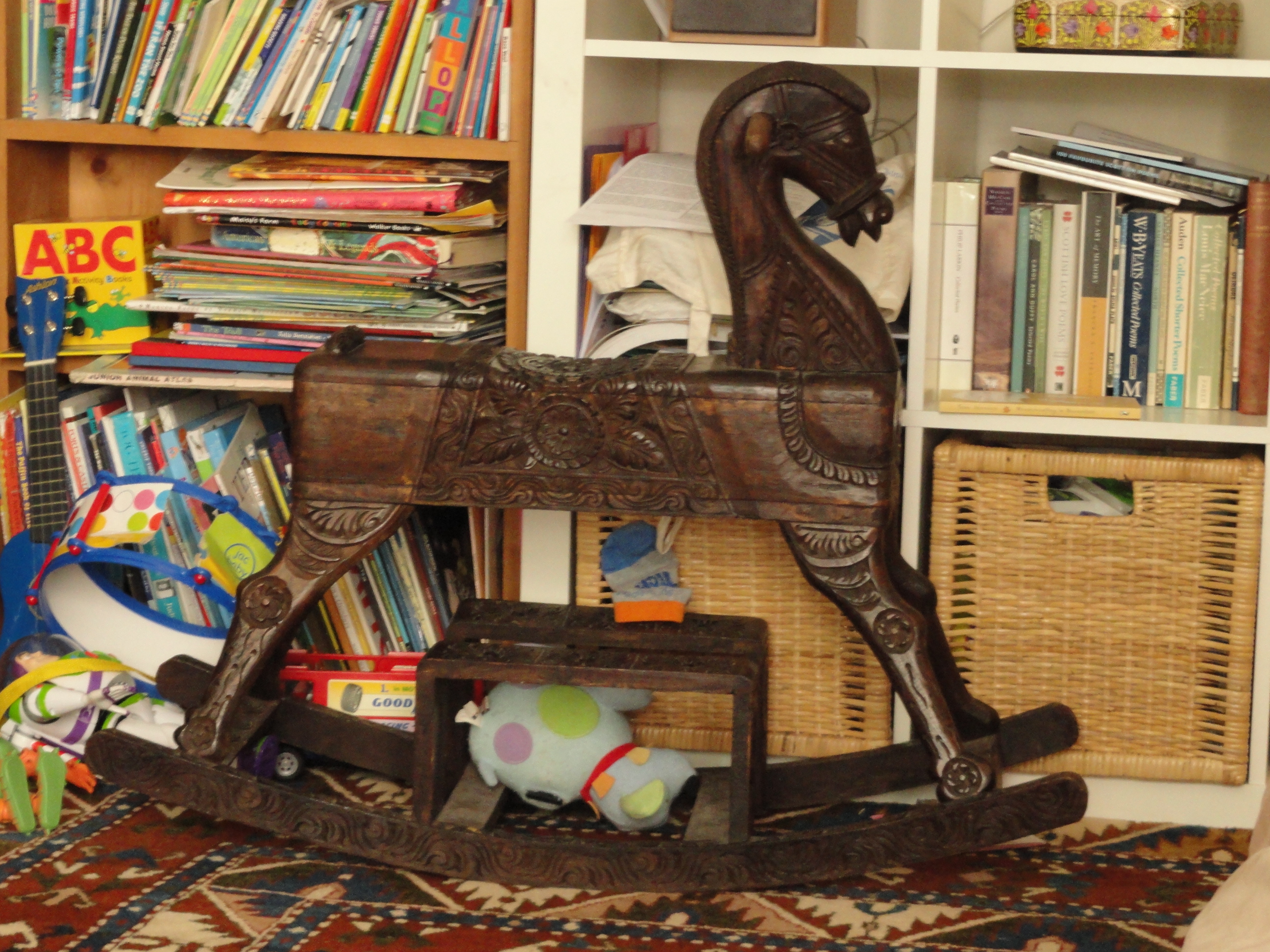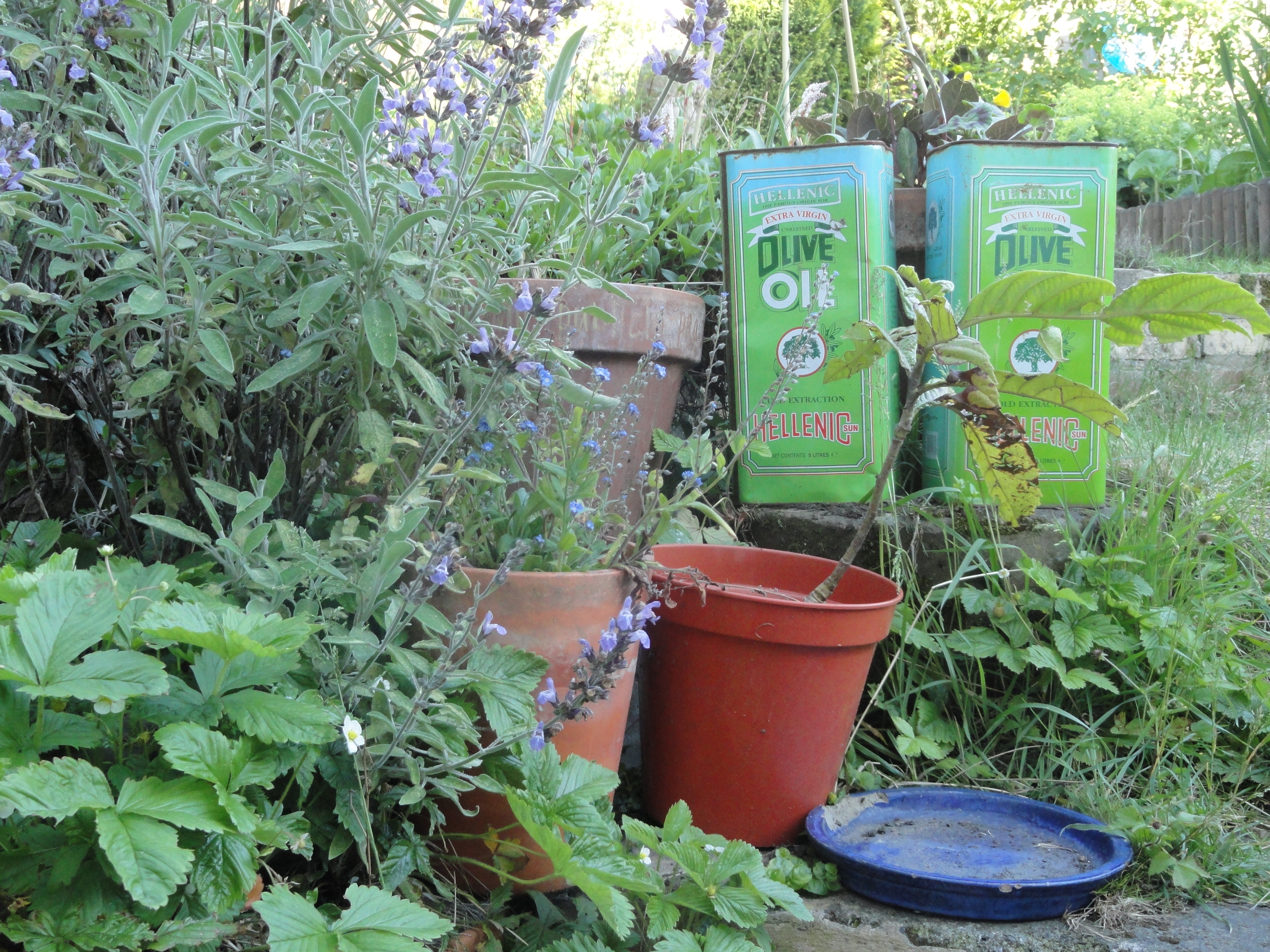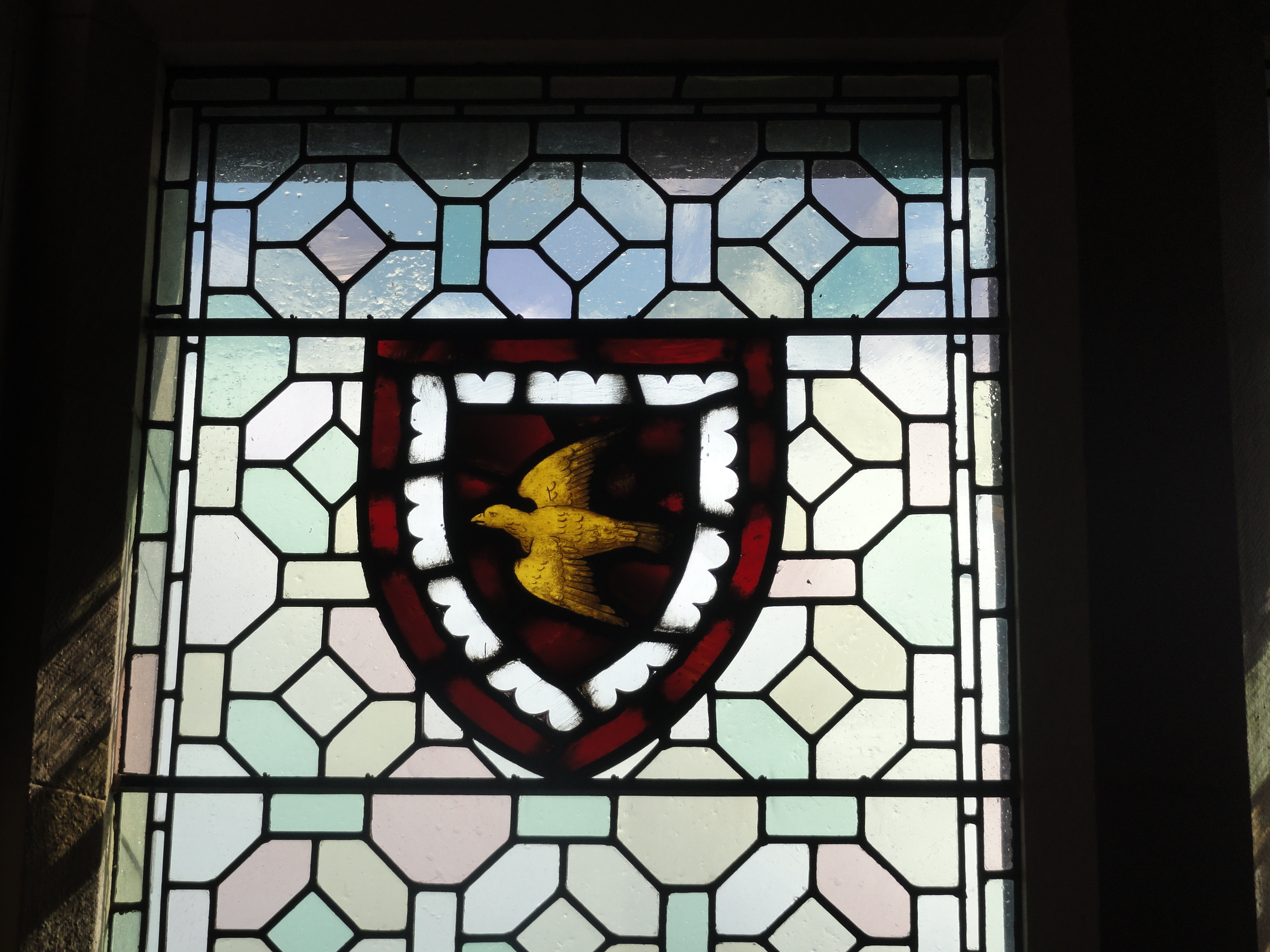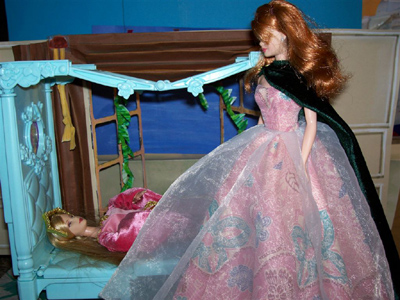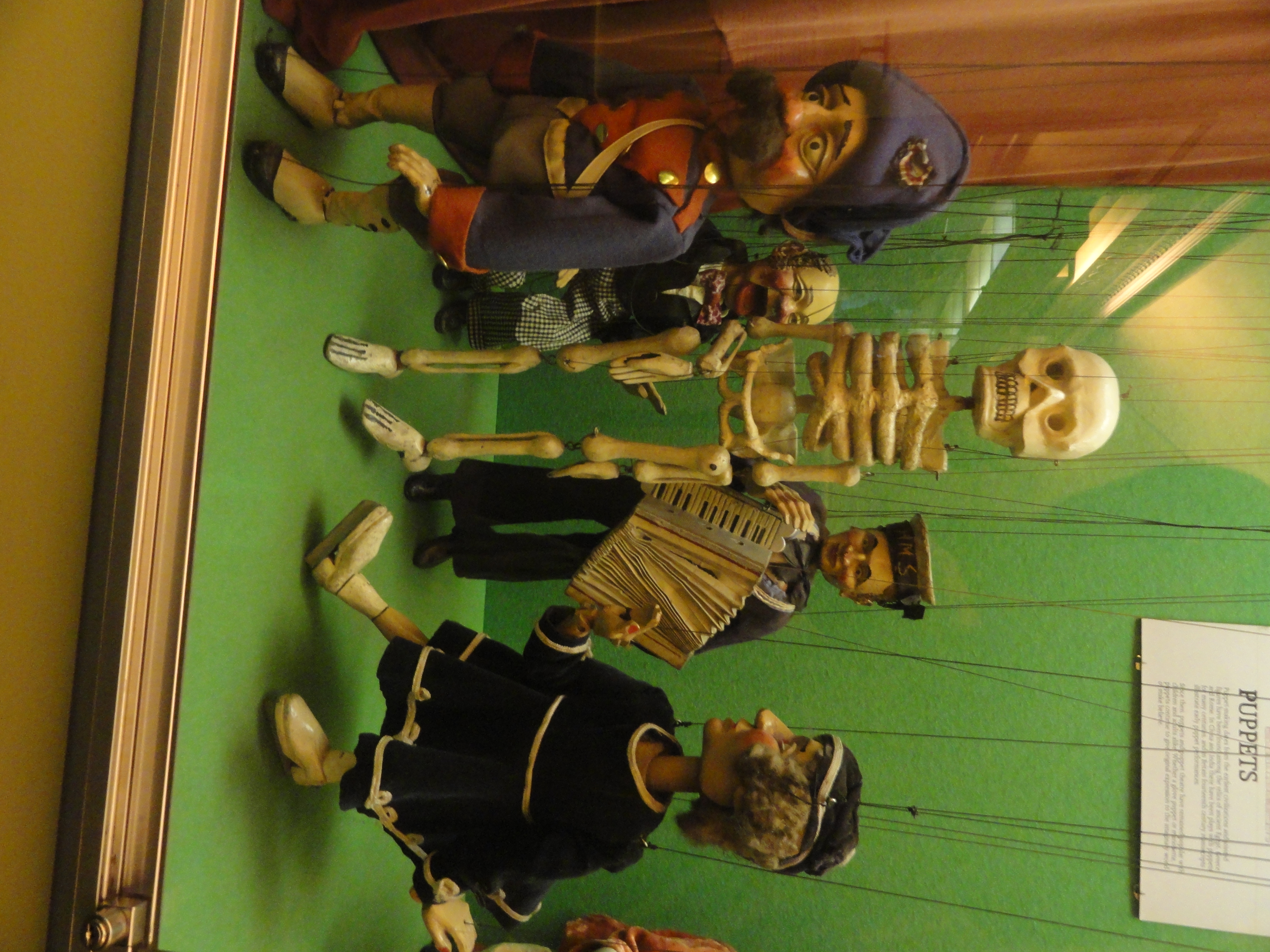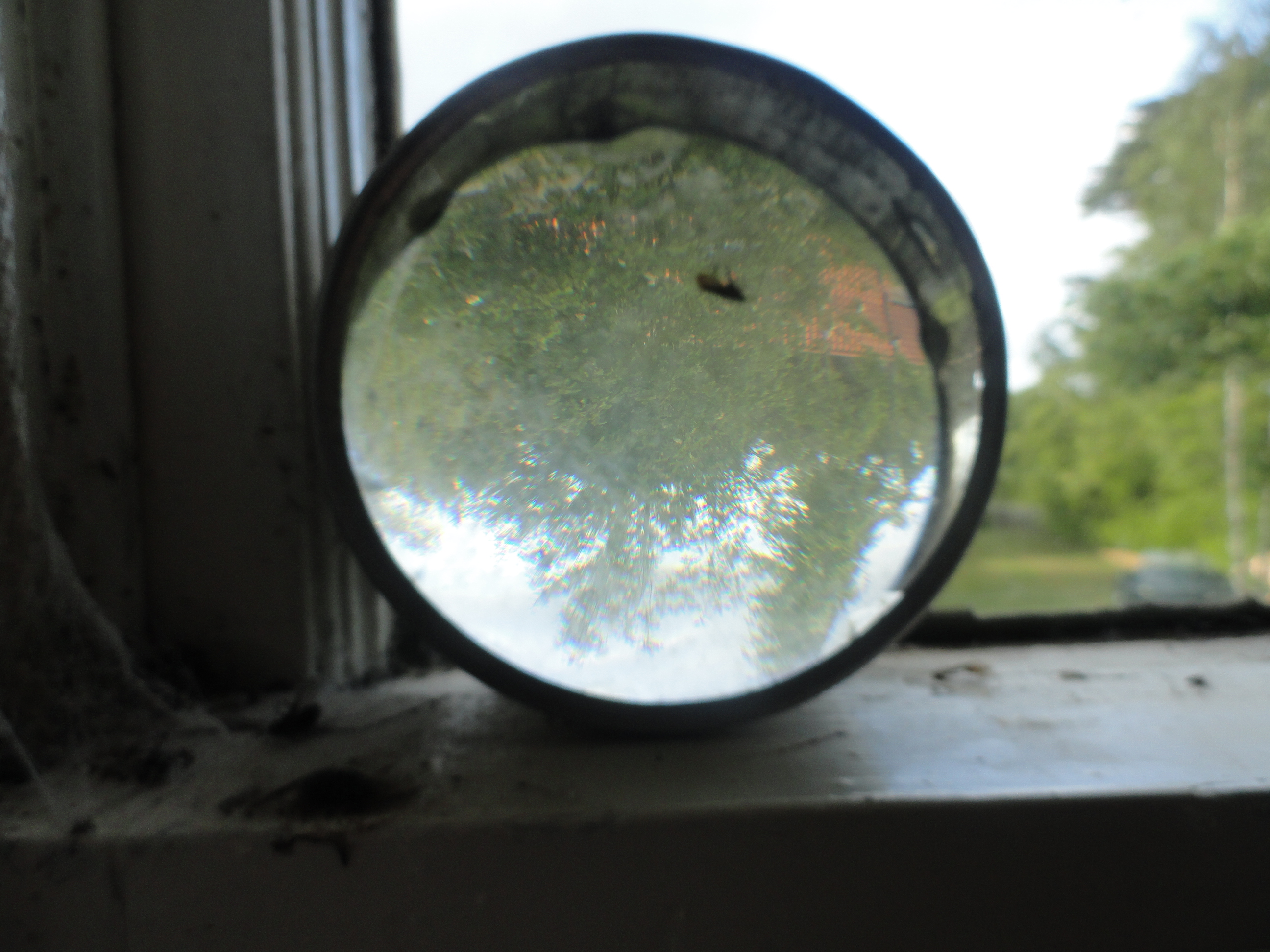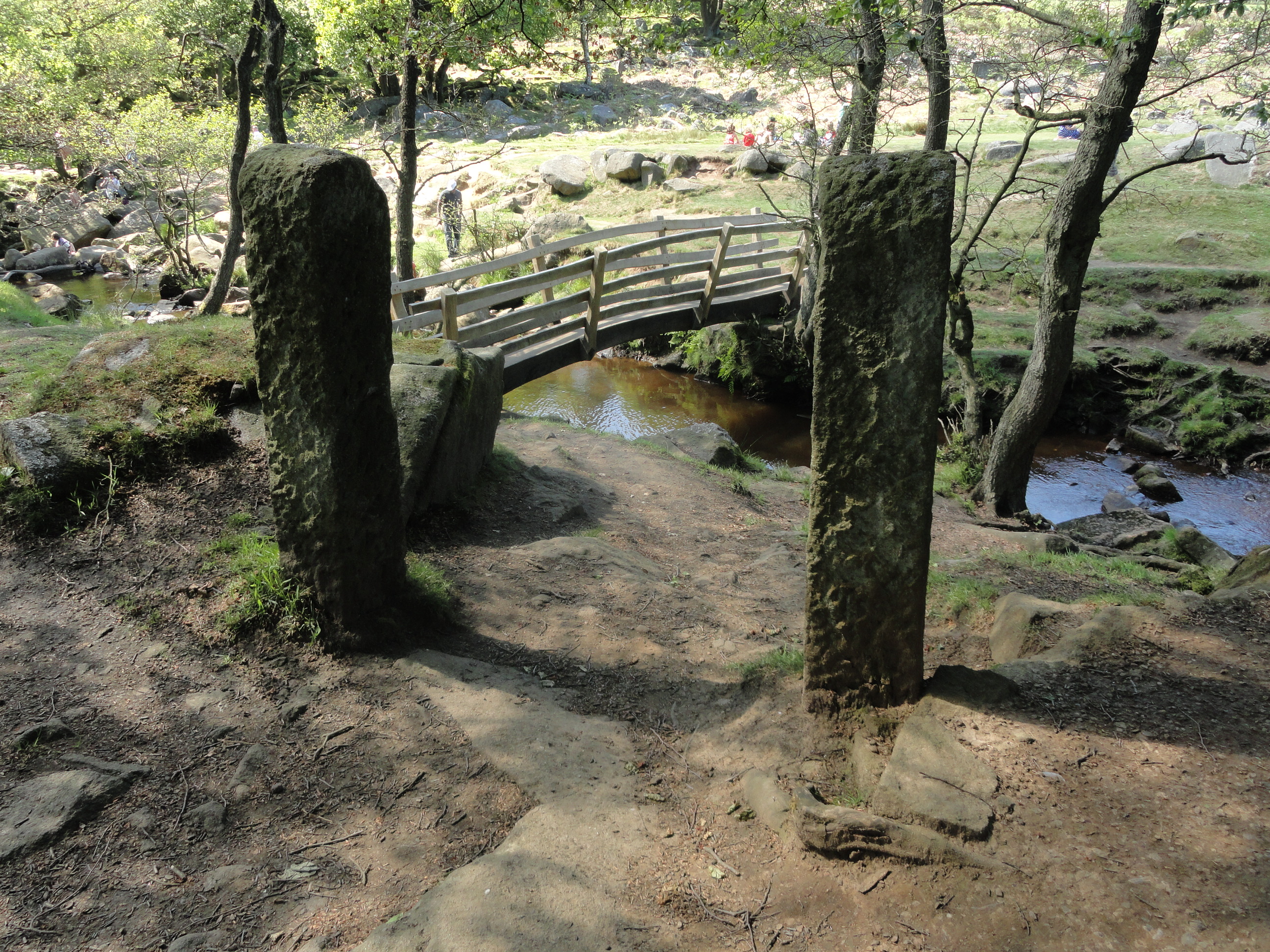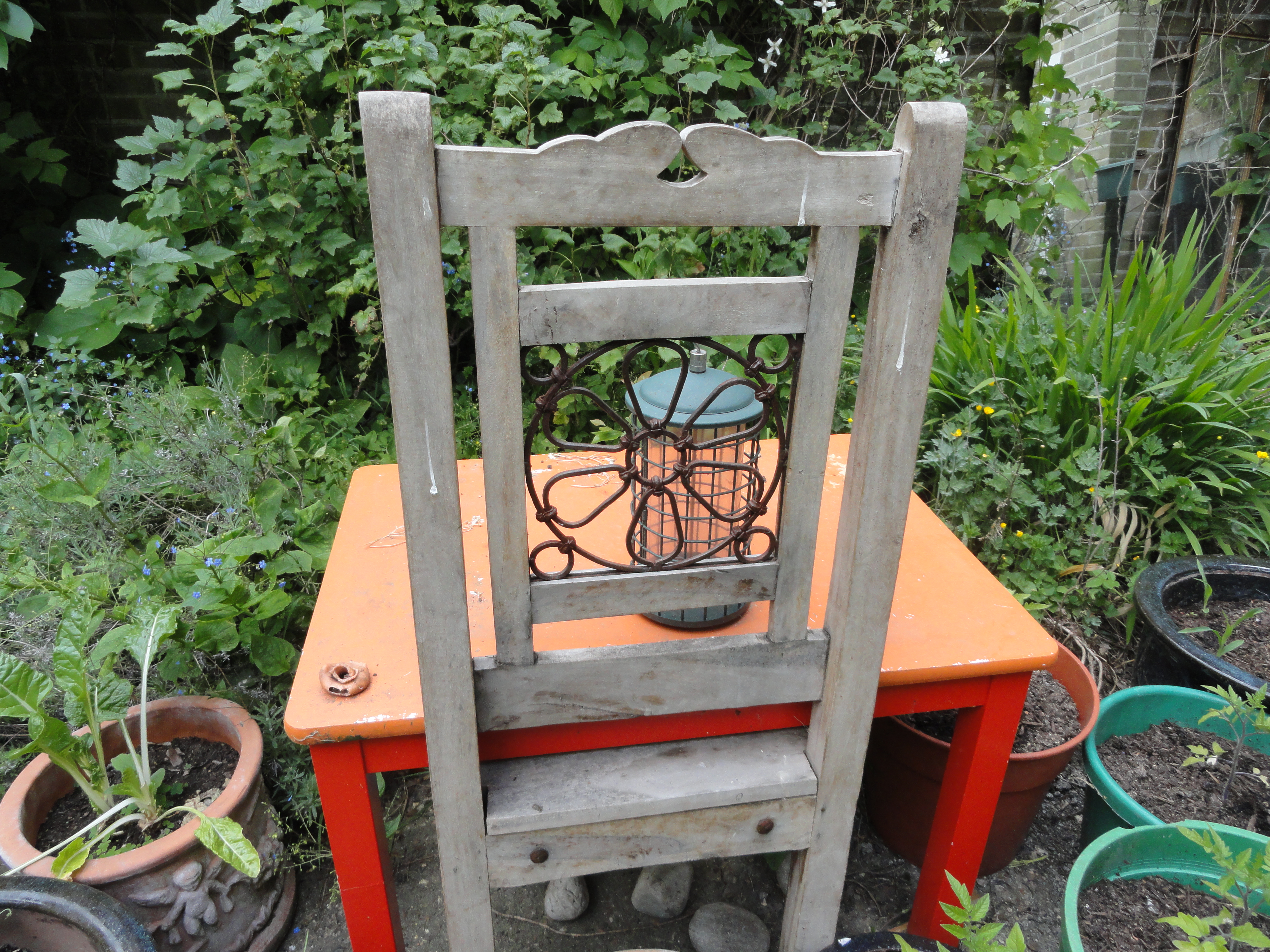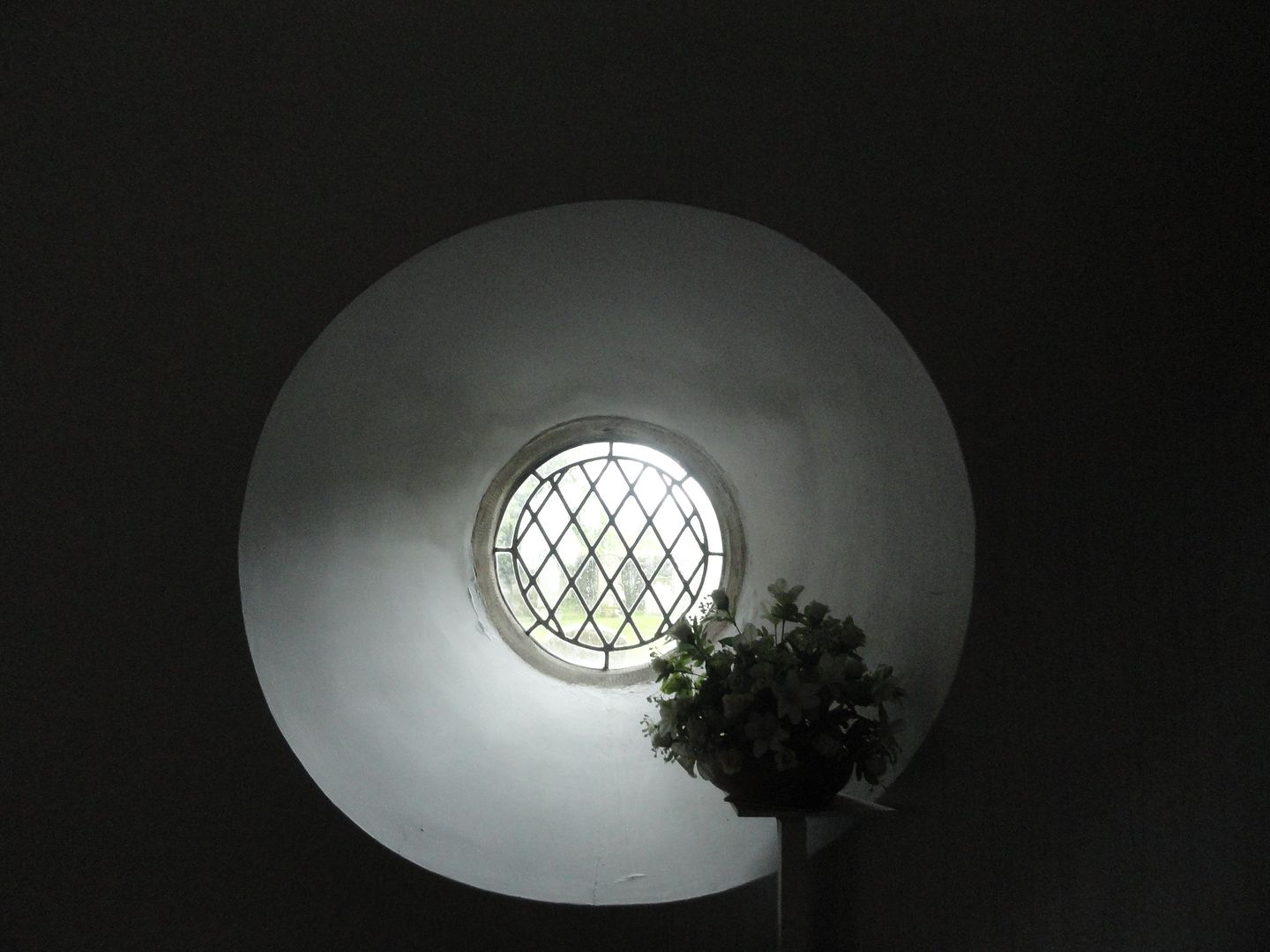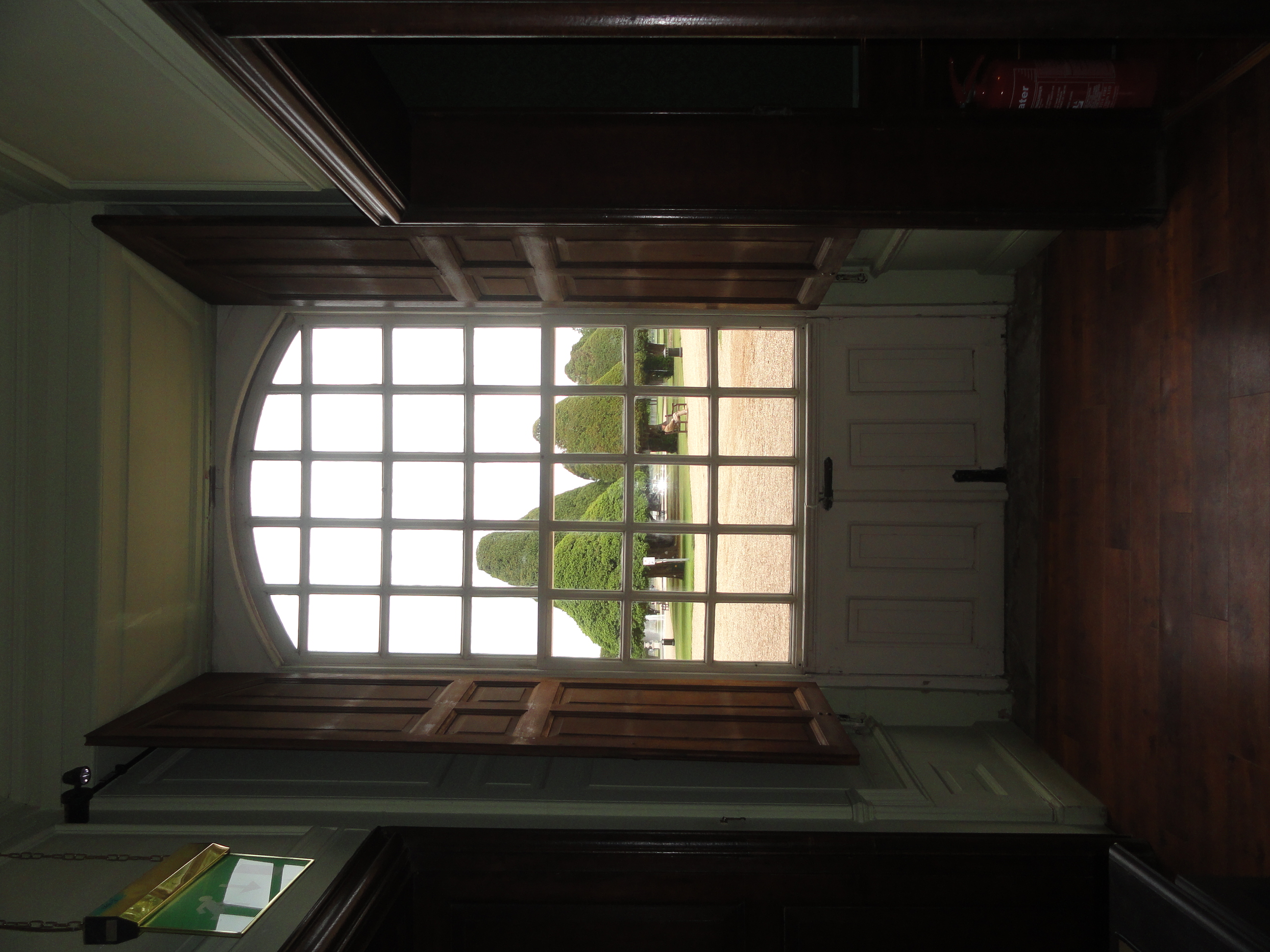In a response to the Always Learning discussion list, I wrote "The principles of unschooling and natural learning work the same regardless of a child's talents or abilities, but parental posture (emotional, behavioral postures) can keep unschooling from working well."
The other day during a discussion with half a dozen other unschoolers, some from France and some from England, I said that much of my writing was untranslatable because it had to do with English. This might be such an example.
The word "posture" is usually used to tell a child to sit up straighter or to stand more gracefully and impressively. But posture can be relative to something else—a wall, a chair, or another person. Posture can be very subtle, too. Posture can be biochemical. It's possible to read anger in another person's hands or the speed of his facial movements. It's possible to see love in the way a mother picks up or touches a baby. Or it's possible to see frustration, or resentment, or fear, in a parental reaction.
I don't think this will be easily translatable into any other language, but for unschooling to work, the relationship of the parent to the child needs to become so clean and clear that the parent is being, and not just acting. This might involve physical posture, but also thoughts and feelings, reactions and clarity.
It won't happen all at once, and it can only begin to happen when the parent understands that some postures are better, and others are harmful to a better relationship with the child.
SandraDodd.com/clarity
photo by Sandra Dodd, of a wifi modem set in the only window between the old part of a very old French farmhouse and the newer part. There were countless places where that modem would only have worked in one half of the house, but one perfect place where it could work throughout—an old window on the stairs between the top two floors.
__
